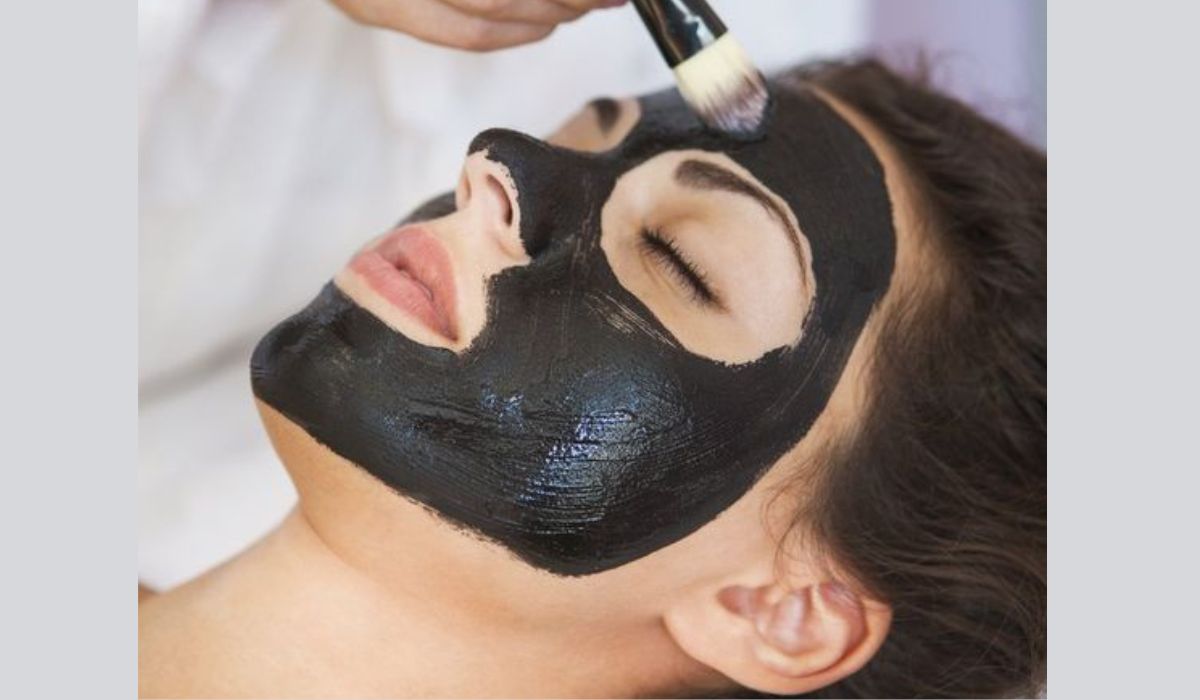The popularity of charcoal face masks is evidence of the skincare and beauty industry’s recognition of their potential to address a wide range of complaints about the skin. These masks are famous for their capacity to cleanse, purify, and revitalize the skin thanks to the activated charcoal they contain. In order to assist you make an educated decision about adopting this beauty trend into your skincare routine, we will discuss the many advantages and potential disadvantages of utilizing charcoal face masks.
Understanding Activated Charcoal
Activated charcoal is the primary component in charcoal face masks; it is a type of carbon that has been processed to create small, low-volume pores, which increases the surface area accessible for adsorption or chemical reactions. It is manufactured by rapidly heating carbon-containing substances like wood, peat, coconut shells, or sawdust. Putting charcoal through this process “activates” it, making it capable of performing its special functions.
Benefits of Charcoal Face Masks
Deep Cleansing
Charcoal has been used for centuries because of its potent ability to remove toxins and impurities from the skin. When used as a face mask, it attracts grime, oil, and other impurities, flushing them out while also clearing the skin.
Pore Minimizing
Charcoal helps minimize pores and improve the look of the skin by drawing out impurities. A more even skin tone may result from this.
Oil Control
Charcoal is great for people who have oily or mixed skin because of its ability to absorb excess oil. It’s great for keeping your skin matte and oil-free.
Acne Treatment
Acne and other skin imperfections can be effectively treated with activated charcoal. It helps to treat and prevent breakouts by soaking up excess sebum and other contaminants.
Exfoliation
Many charcoal face masks have tiny particles that work as mild exfoliants, sloughing away dull, lifeless skin to reveal a smooth, radiant layer underneath.
Skin Brightening
When used regularly, charcoal face masks can help brighten the skin by drawing out toxins and dead skin cells, revealing a fresher, more radiant layer beneath.
Anti-Aging Properties
Charcoal masks are beneficial because they help purify the skin and make it more supple, both of which contribute to a more youthful appearance.
How to Use Charcoal Face Masks Effectively
Use a charcoal face mask effectively by doing the following:
- Cleanse: First, make sure your face is clean by washing it thoroughly.
- Apply: Apply the charcoal mask on your face, making sure to avoid the mouth and eyes.
- Wait: Allow the mask to dry and do its job on your skin for as long as the instructions say to.
- Rinse: If the mask has exfoliating particles, rinse it off with lukewarm water using circular motions to remove it.
- Moisturize: After cleansing, use a good moisturizer to seal in moisture and prevent dryness.
Potential Drawbacks and Precautions
Despite the fact that charcoal face masks have many advantages, it is important to exercise caution:
- Drying: Because of the potential drying effects of charcoal masks, it’s important to apply a rich moisturizer afterward.
- Skin Sensitivity: Those with sensitive skin should undertake a patch test to make sure the mask doesn’t irritate or allergically react with their skin.
- Frequency: Overuse is bad, so try to limit yourself to once or twice a week while using a charcoal mask.
Conclusion
Charcoal face masks have several uses in skincare, including deep cleaning, minimizing pores, reducing oil production, and more. However, it’s important to use them sparingly and with consideration for your skin type and any sensitivities you may have. Maintaining a well-rounded skincare routine is essential, and if you have any specific skin concerns, you should definitely see a dermatologist.
Frequently Ask Questions (FAQs)
What is a charcoal face mask?
Charcoal face masks are a type of carbon-rich skincare treatment that can be manufactured from wood, coconut shells, or even peat. Because of the processing that reduces the pore size, it is more effective at removing toxins and dirt from the skin.
How does a charcoal face mask work?
The grime, oil, and toxins on the skin’s surface are what charcoal face masks are designed to absorb. The porous structure of activated charcoal aids in the removal of toxins and dirt from the skin, while also thoroughly cleaning the pores.
What are the benefits of using a charcoal face mask?
Charcoal face masks can be used for a variety of purposes, including anti-aging and anti-blemish treatment, pore minimization, oil control, acne treatment, exfoliation, and skin whitening. They are useful for purifying the skin and encouraging a radiant, renewed glow.
To what extent do charcoal face masks aid acne?
Acne can be effectively treated with charcoal face masks. Acne can be prevented and treated with the use of activated charcoal since it helps absorb excess sebum and pollutants.
How frequently should I apply a charcoal face mask?
A charcoal face mask should be used once or twice weekly at most. Overuse can cause dryness, so it’s important to find a happy medium and pay attention to your skin’s cues.











